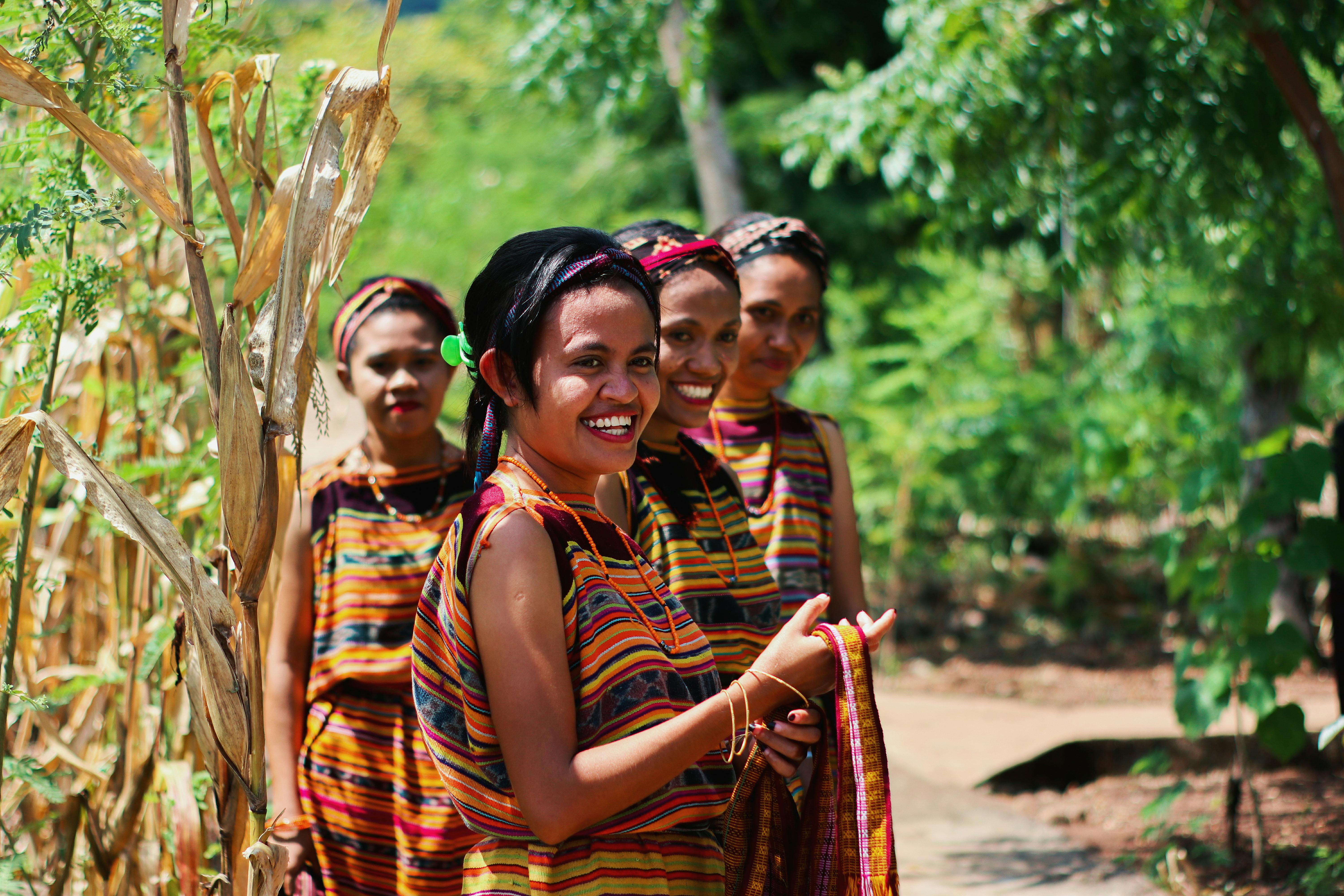The 1917 trend, as well as Soviet and post-soviet innovations, were all discussed in the roundtable’s discussion of the origins of modern Russian sexism. It likewise explored the nation’s distinctive ethnic and religious structure https://www.instagram.com/shannamoakler/?hl=en, as well as its intricate current political structure and government.
Participants discussed the challenges of achieving gender equality in Russia, with some emphasizing the need to incorporate global publicity and pressure on lawmakers with joint support across Russian regions. Additionally, they emphasized the significance of advancing a different message in order to combat the „ideal person“ stereotype and conservative rhetoric spread by Russian media.
The word“feminism“ has unfavorable meanings in Russia, and female activists frequently shy away from using the term, which is one of the biggest barriers to addressing gender troubles. Participants in the conference, however, emphasized that if activists do n’t support feminist ideologies, their efforts will not have a significant impact on the nation.

Participants discussed the need to fight stereotypes through public representation of successful personalities in terms of useful solutions. For instance, even though they are not personally informed of any girl successes, Russians more frequently think of men than women when asked to name their most successful contemporaries.
The fight against new types of labour poverty is another crucial location. Tens of Russians, for instance, are confined to precarious work that offer no opportunity for advancement or occupation development and do not pay a existing wage. The majority of women who hold these positions https://eurobridefinder.com/sexy-russian-women/ are also responsible for taking care of young children and elderly relatives. They are more likely to be exposed to dangerous functioning circumstances and various health challenges.